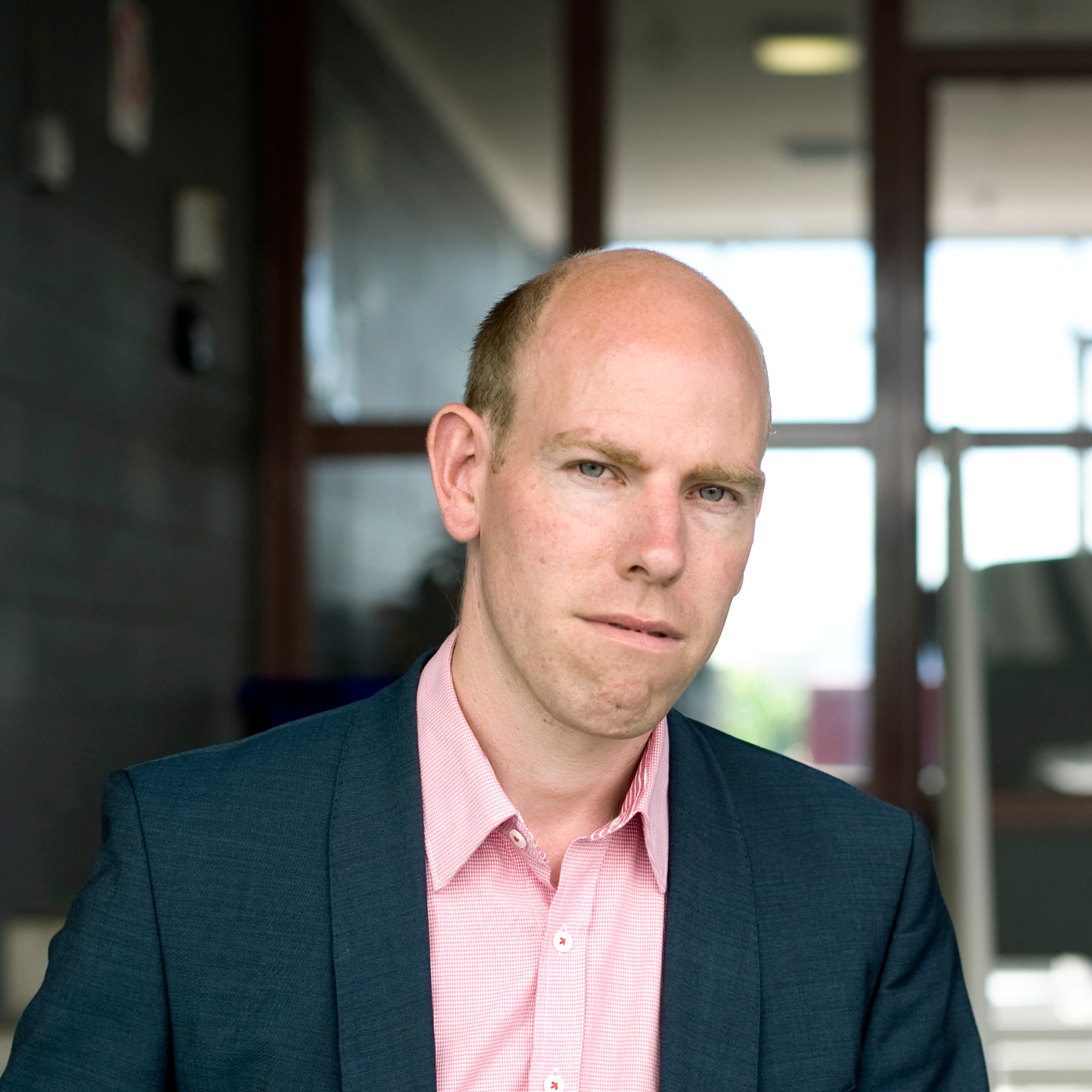Farr's extraordinary path
Reviewer: Max RashbrookeAotearoa Plus
New Zealand Symphony
Orchestra
Friday, 5 May
I’m not usually someone for whom classical music summons up specific images, even in overtly programmatic pieces, but last Friday night’s concert was awash with them. The concert kicked off with a short, delicate piece from Pierre Boulez, Memoriale (…explosante-fixe… Originel), with Bridget Douglas’s flute hovering like a butterfly above the backing of a chamber orchestra. Hamish McKeich’s conducting was beautifully balanced, creating a sense of spaciousness in the accompaniment while allowing some sharper edges to show through.
Most strikingly evocative, however, was the world premiere of Gareth Farr’s cello concerto Chemin des Dames, dedicated to his three great-uncles killed in the First World War. Taking its name from a French region that hosted one of the war’s bloodiest battles, the concerto is an exceptional achievement – a meditation on the awful, awful loneliness of war, the sense of profound sadness and isolation that can come upon soldiers in the midst of carnage.
The opening contrasted low, brooding strings with ethereal notes from the piano and harp, the latter suggesting not happiness or lightness but something like a hope for a kind death, an eventual place in Elysium. As the desperately sad phrases of the cello developed, I felt like I saw seeing a lone soldier staring out at a sea of mud and craters.
Cellist Sebastien Hurtaud’s playing was everything that could have been wished for: passionate, intense, but never overdone, always retaining the clarity that this finely judged music obviously requires. A brief duet with Robert Orr’s oboe, almost unbearably sad, summed up his skill and rapport with the orchestra.
If I had one criticism, it was that the scenes of war – when the orchestra was truly loosed upon the music – were less jagged and overwhelming than I had hoped they might be. (But then again, that could be just an effect of hearing something for the first time, when expectation plays a larger part than usual.) Overall it was a stunning experience, one of the more memorable I have had in this hall.
Perhaps I was emotionally drained after that, because – even allowing for a decent interval – I just couldn’t engage with John Adams’s Naïve and Sentimental Music. A piece written, as the programme notes pointed out, “about the process of composition” seemed to have little purchase or interest. It had beautiful moments, of course, but it was hard to tell what they were in aid of. (Hard, too, to imagine how this kind of music will ever pull in the punters: “Come to the NZSO! We’re playing a composition about, um, the process of composition. And it’s 48 minutes long!” You can see why that isn’t going to fly.) Compared to the pulsating, shimmering energy of much of Adams’s other work – which I’ve greatly enjoyed hearing the NZSO play in the past – this was a bit of a damp squib.



 Burnett Foundation Aotearoa: S.L.U.T.S Might Be The Answer To Ending Syphilis Outbreak
Burnett Foundation Aotearoa: S.L.U.T.S Might Be The Answer To Ending Syphilis Outbreak Aotearoa Covid Action: Pharmac Urged To Widen Access To Covid Vaccines
Aotearoa Covid Action: Pharmac Urged To Widen Access To Covid Vaccines Howard Davis: Dick Frizzell’s Hastings & Studio International Revisited In Wellington
Howard Davis: Dick Frizzell’s Hastings & Studio International Revisited In Wellington Heritage New Zealand: New Education Resource On Ōtūmoetai Pā Released
Heritage New Zealand: New Education Resource On Ōtūmoetai Pā Released Bowel Cancer NZ: Broken Promise, Lost Lives - Govt’s Bowel Cancer Screening Pledge 98% Undelivered
Bowel Cancer NZ: Broken Promise, Lost Lives - Govt’s Bowel Cancer Screening Pledge 98% Undelivered NZFC: Apply For The New Zealand Film Commission’s He Kauahi Catalyst
NZFC: Apply For The New Zealand Film Commission’s He Kauahi Catalyst 